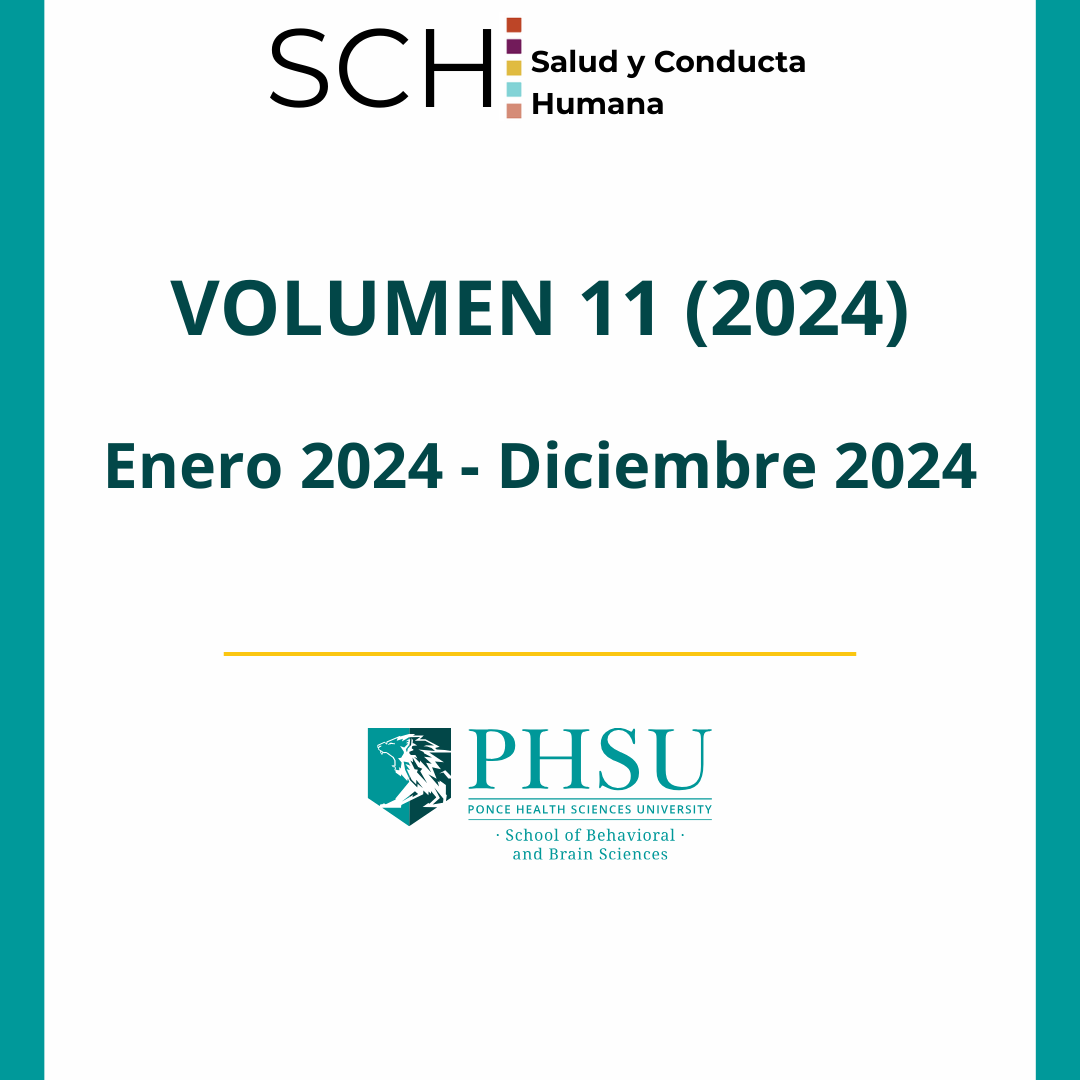Remote Ischemic Conditioning and Vascular Contributions to Cognitive Impairment and Dementia (VCID)
DOI:
https://doi.org/10.71332/cyb0qq81Resumen
This presentation explores the potential of Remote Ischemic Conditioning (RIC) as a therapeutic strategy for mitigating the effects of vascular contributions to cognitive impairment and dementia (VCID). VCID is the second leading cause of dementia after Alzheimer's disease, primarily driven by chronic hypoperfusion and white matter damage. This research uses an experimental BCAS (Bilateral Carotid Artery Stenosis) model to simulate the chronic hypoperfusion seen in human VCID. The presentation investigates the hypothesis that ChronicRemote Ischemic Conditioning(C-RIC) can significantly improve cerebral blood flow (CBF) and reduce white matter damage, thus mitigating cognitive and motor deficits associated with VCID. Improved CBF, memory function, motor skills, and prevention of white matter damage were observed in BCAS mice subjected to RIC. The therapy promoted angiogenesis, vascular remodeling, and increased levels of circulating endothelial progenitor cells (EPCs). RIC showed significant reliance on metabolic regulators like AMP-activated protein kinase (AMPK) and Nitric Oxide Synthase (NOS3). The data suggest that RIC therapy holds promise in improving cerebrovascular health and cognitive outcomes in VCID.
Descargas
Descargas
Publicado
Número
Sección
Licencia
Derechos de autor 2025 Salud y Conducta Humana

Esta obra está bajo una licencia internacional Creative Commons Atribución 4.0.


